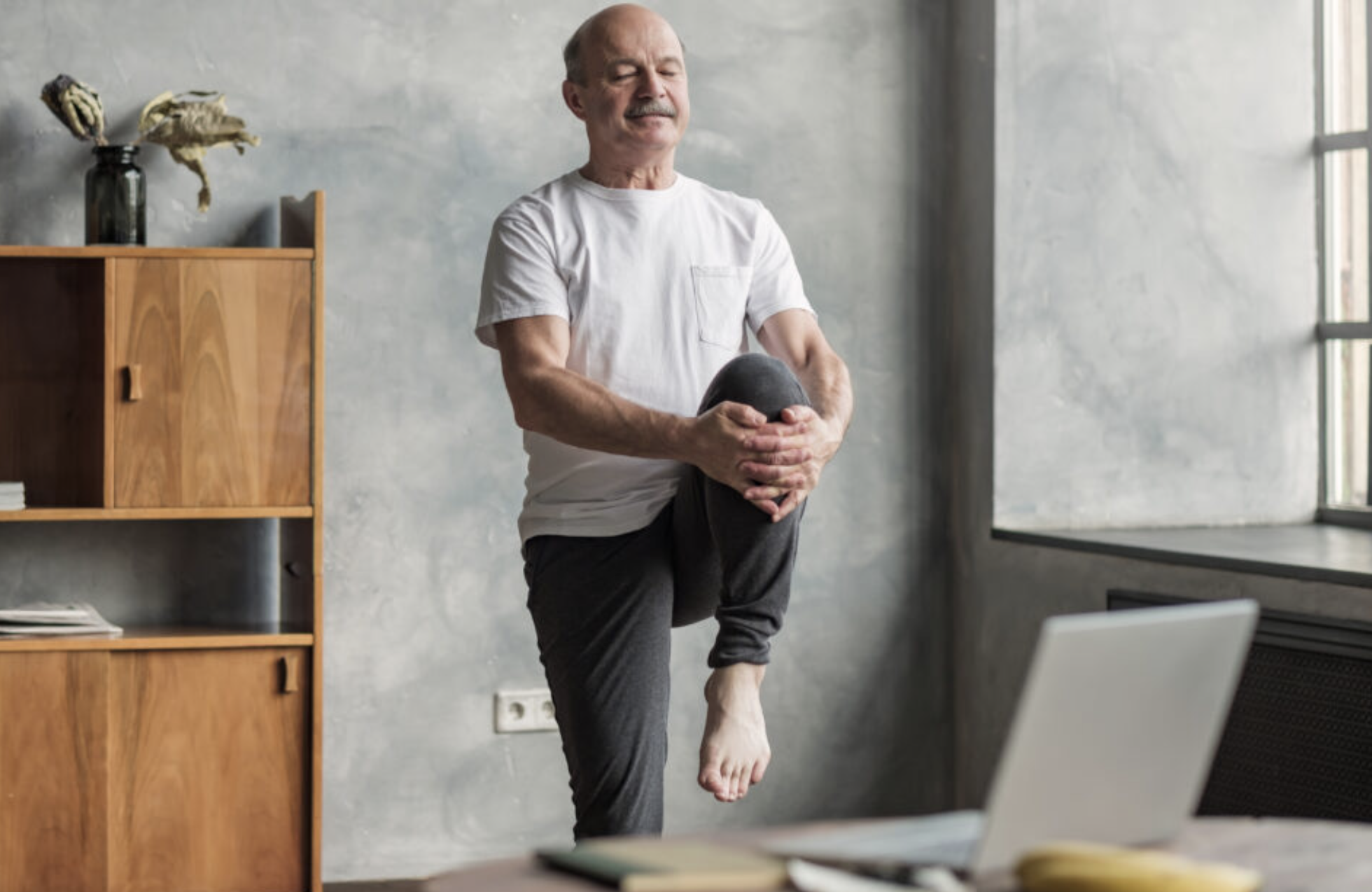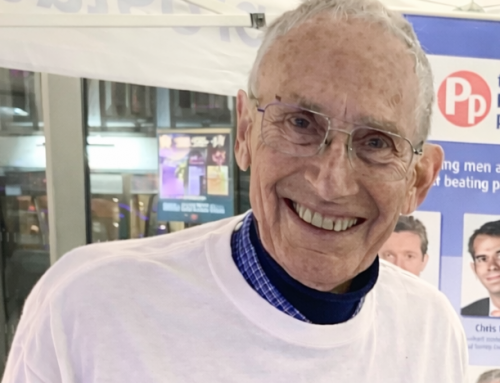
The REMOTE Study – An individualised 8-week remote exercise intervention to improve quality of life, cardiometabolic risk and physical activity level in men with prostate cancer undergoing androgen deprivation therapy (ADT) treatment.
When one of our trustees, Dr Carla Perna (Consultant clinical oncology at RSCH) and Dr Ralph Manders, (Lecturer in Exercise Physiology at the University of Surrey) requested £5,000 to co-fund with the The Fountain Centre at the Royal Surrey, a research study to look at the effects of remote exercise for men with prostate cancer, we were only too delighted to agree.
There is increasing evidence on the positive benefits of aerobic exercise for all cancer patients, not only in improving energy, mood and well-being and quality of like, but also in helping to improve recovery rates and the effectiveness of treatment.
Previous research findings have shown the beneficial effects of exercise training on men with prostate cancer receiving ADT treatment. However, currently there are limited opportunities for patients with cancer to be referred to individualised exercise programmes. This has further been impacted by the Covid-19 pandemic.
During the pandemic, the use of virtual/remote platforms has been crucial in delivering care to cancer patients. The study investigators think that remote exercise training may also offer a solution to support positive change in prostate cancer patients.
As a result, they have developed a remote/online exercise programme to explore this further.
Men with prostate cancer receiving ADT treatment are being asked to take part in the study. They will be asked to commit to one weekly session of supervised exercise per week. This will be completed 1-1 using Zoom or Teams and all sessions will be individualised based on the patient’s needs.
Instructors will also provide participants with nutritional and wellbeing support, to encourage patients to eat healthily and to adopt and maintain the prescribed exercise programme and an overall healthy behaviour.
Assessments will take place at the start, after 4 and 8 weeks of the intervention and 2 and 6 months post intervention
It is hoped that this study will help doctors learn more about the benefits of exercise as a complementary strategy for cancer. This information could help future prostate cancer patients.
Study Investigators:
Ralph Manders, Lecturer, UoS; Harry Roberts, Lecturer, UoS; Natalie Silverdale, Research Lead Fountain Centre RSCH; Sophie Otter, Chief of Oncology Service RSCH; Carla Perna, Consultant Clinical Oncology RSCH; John Parkes, Patient Participant Involvement Representative


